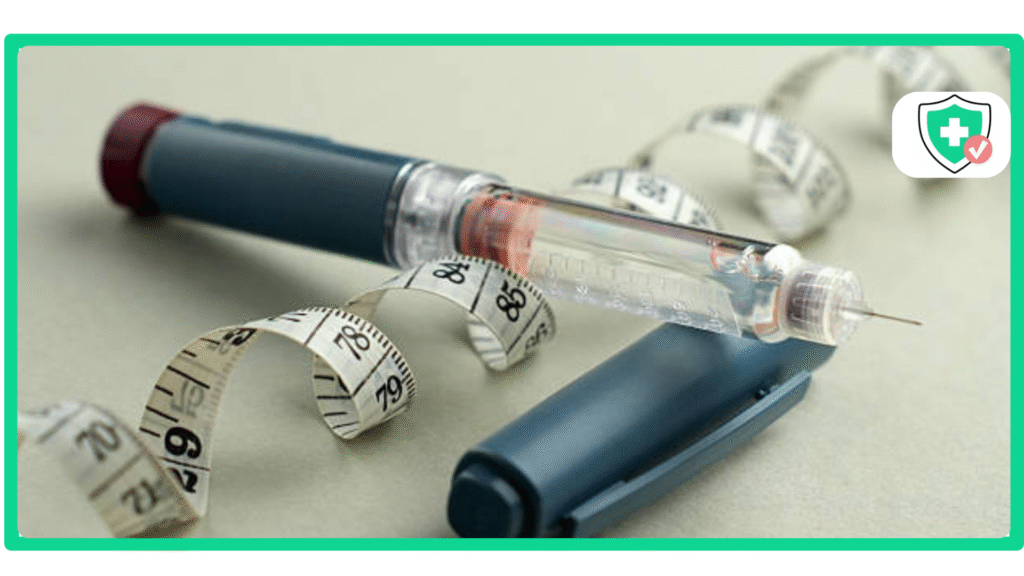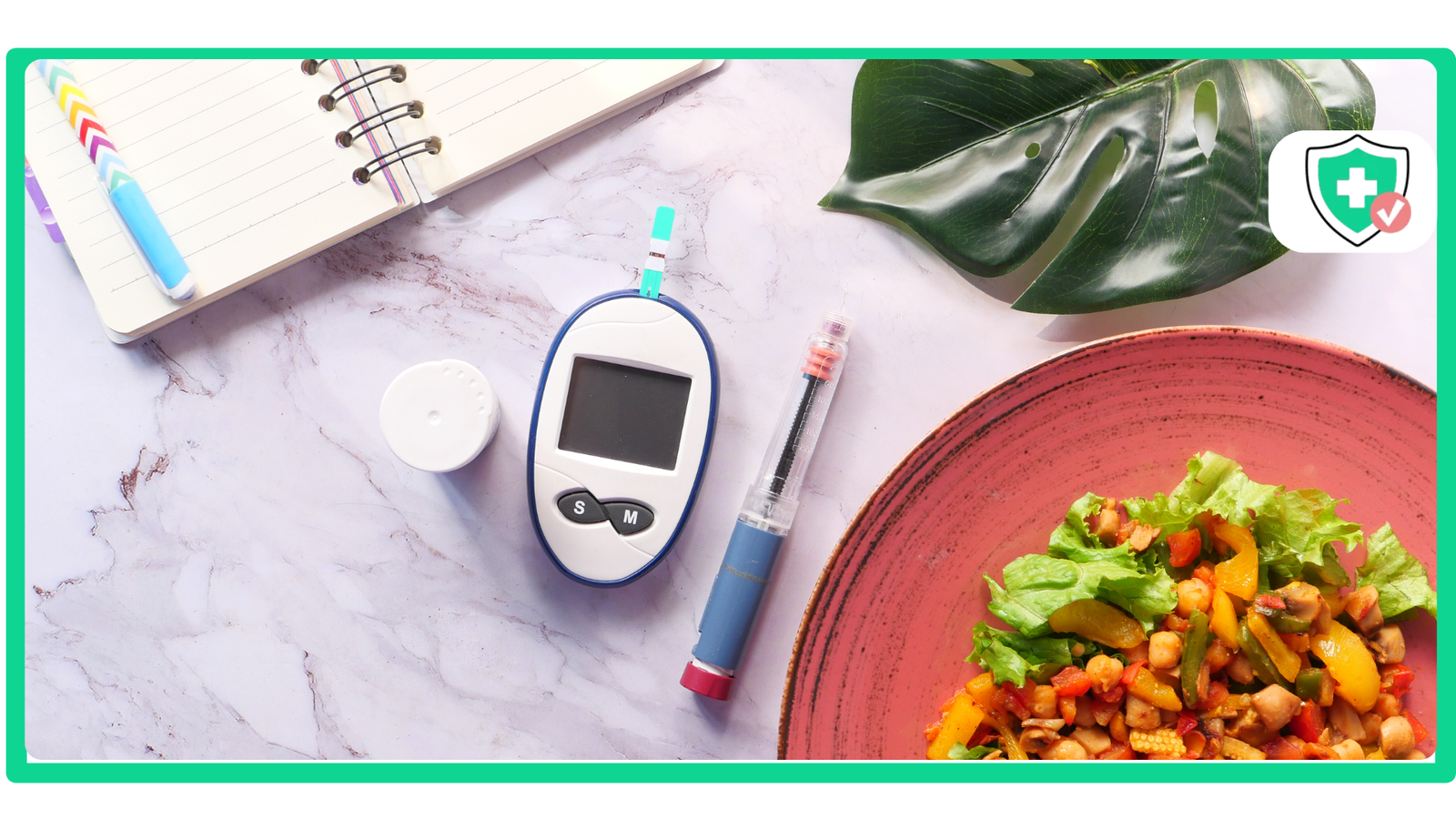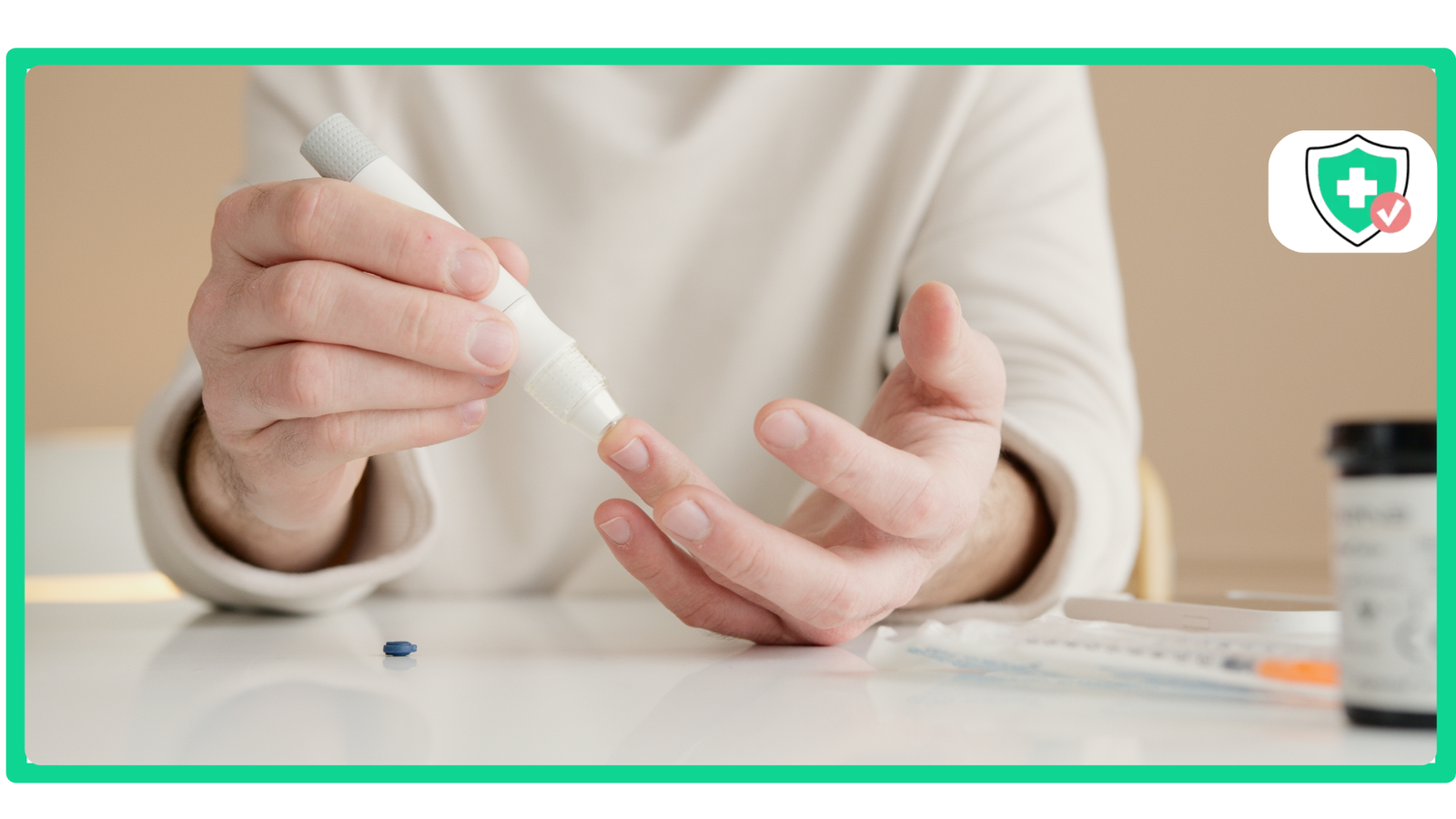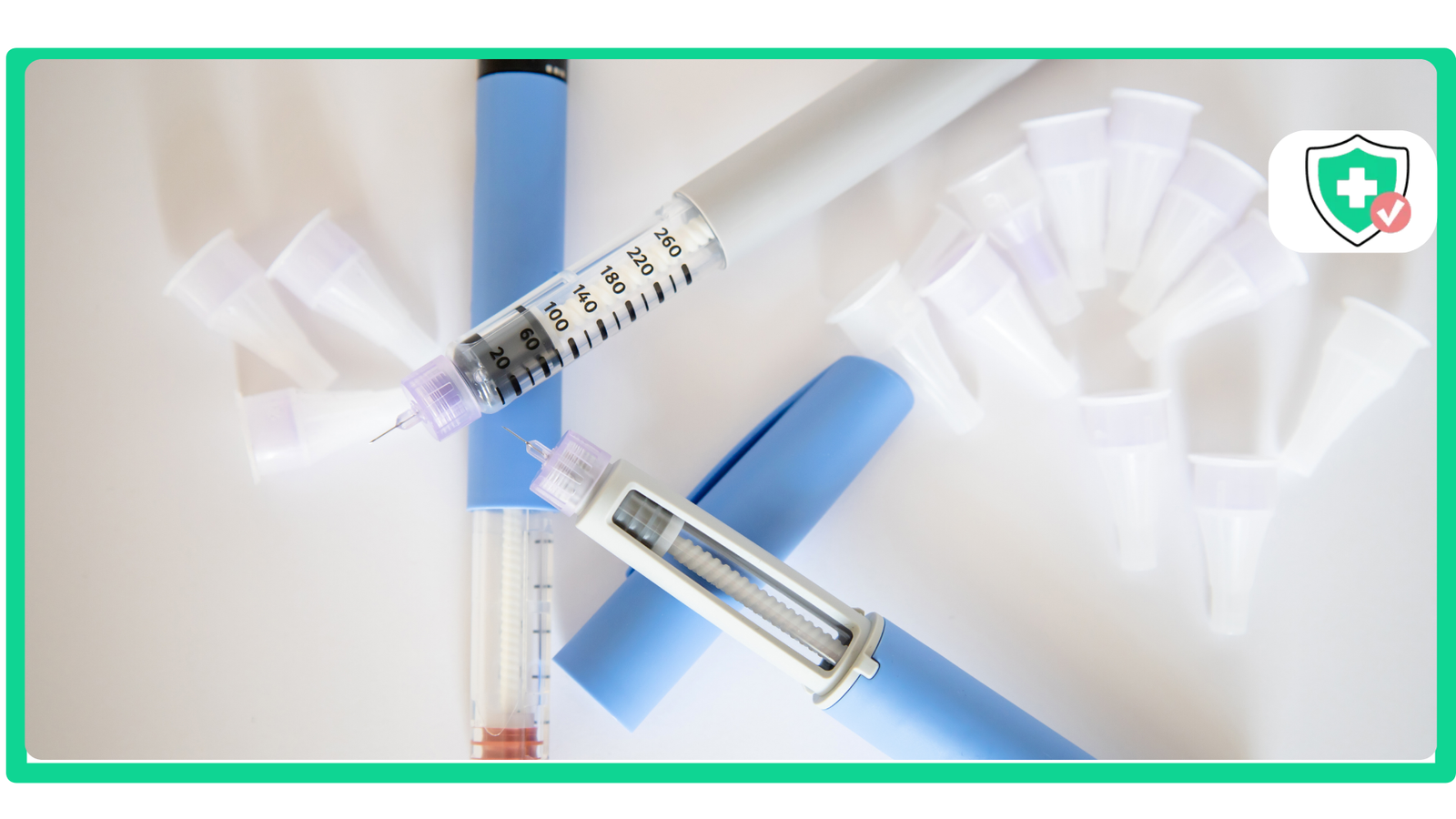Life can get busy. Maybe you were unpacking groceries and forgot to put your medicine back in the fridge. Or maybe you are packing for a trip and are not sure what to do. It is very easy to have questions about how to store your semaglutide. This brings up a very common and important question: what happens if semaglutide gets warm? We are here to give you a clear and simple answer.
This guide will explain why temperature is so important for your medicine. We will also go over the official storage rules. And we will tell you exactly what to do if your medicine has gotten too warm.
Why Temperature Matters: The Simple Science Behind Semaglutide
To understand why keeping your medicine cool is so important, we need to look at what it’s made of. The science is actually very simple.
Semaglutide is a special kind of medicine called a peptide. Peptides are a lot like the proteins you find in food and in your body. They have a very specific and delicate shape, and that shape is what makes them work.
Think about a raw egg. In its normal state, it is a liquid. But what happens when you put it in a hot pan? The heat cooks the egg and changes its shape forever. You can’t turn a scrambled egg back into a raw egg.
In the same way, heat can “cook” your semaglutide medicine. It breaks down the delicate shape of the molecule. When the shape is changed, the medicine can no longer do its job in your body. This means it will not work anymore.
The Official Storage Rules: Refrigerator vs. Room Temperature
So, how do you keep your medicine safe? The rules are very easy to follow.
In the Refrigerator (The Best Place)
The best and safest place to keep your semaglutide is in the refrigerator. The temperature in your fridge should be between 36 and 46 degrees Fahrenheit.
But there is one very important warning: NEVER freeze your medicine! If your semaglutide freezes, it will be ruined, just like if it gets too hot. So, keep it cool, but not frozen.
At Room Temperature (The Limited-Time Option)
It is okay to keep your semaglutide out of the fridge for a little while. For most vials of semaglutide, you can keep them at room temperature for about 21 to 28 days.
But you must always read the instructions that came with your medicine from the pharmacy. “Room temperature” also means that it should not get hotter than 86 degrees Fahrenheit. This short time limit is a key part of the answer to what happens if semaglutide gets warm.
What to Do If Your Semaglutide Gets Warm
This is the most important part of our guide. Here is exactly what you should do in different situations.
If It Was Left Out, But the Room Was Cool
Let’s say you left your medicine on the kitchen counter for a few hours. As long as your house was cool and the medicine was not in the sun, it was probably okay.
You should get a pen and write the date you took it out of the fridge on the bottle. Then, you need to make sure you use all of it before the time limit is up (for example, 28 days).
If It Was Exposed to High Heat (The Danger Zone)
This is the most important safety rule. If your medicine was left in a hot car, on a sunny windowsill, or any place where it got very warm, it is no longer safe to use.
Do not use it. The best and safest thing to do is to throw it away. The rule to remember is: “When in doubt, throw it out.” Using medicine that has gone bad is a waste and could be a risk to your health. If you need to replace a compromised vial, it’s important to contact your provider right away to arrange for a new supply.
Ensuring Your Medication is Handled Correctly from the Start
A good medical provider takes the safety of your medicine very seriously. The safety process starts even before the package arrives at your door.
Ensuring medication is kept at the proper temperature is a critical part of patient safety. Semaglutide Medics understands this, which is why all medication is shipped in temperature-controlled packaging to protect it during transit.
This commitment to safety is a core part of the program, which is offered for a clear, flat fee of $299 per month. This all-inclusive price covers your medical consultations, prescription, the safely-shipped medication, and all necessary supplies. You can find your specific storage instructions from the pharmacy in your patient portal.
The Bottom Line: Protecting Your Health and Investment
Let’s quickly review the main points. Semaglutide is a delicate medicine that needs to stay cool. The best place for it is the fridge. It can be at room temperature for a short time, but high heat will ruin it. If it gets too hot, the safest thing to do is throw it away.
So, what happens if semaglutide gets warm? It loses its power and will no longer be the effective medicine that you need for your health journey.
By taking good care of your medication, you are protecting your health. You are also protecting the investment you have made in your weight loss journey.
To learn more about a program that puts patient safety and education first, explore the Semaglutide Medics mission and meet our team.
Sources:
- U.S. Food and Drug Administration (FDA) – Wegovy (semaglutide) Prescribing Information (See Section 16, How Supplied/Storage and Handling): https://www.accessdata.fda.gov/drugsatfda_docs/label/2021/215256s000lbl.pdf
- Centers for Disease Control and Prevention (CDC) – Vaccine Storage and Handling Toolkit: https://www.cdc.gov/vaccines/hcp/storage-handling/?CDC_AAref_Val=https://www.cdc.gov/vaccines/hcp/admin/storage/toolkit/index.html
- MedlinePlus (a service of the National Library of Medicine) – Storing Your Medicines: https://medlineplus.gov/ency/patientinstructions/000534.htm









